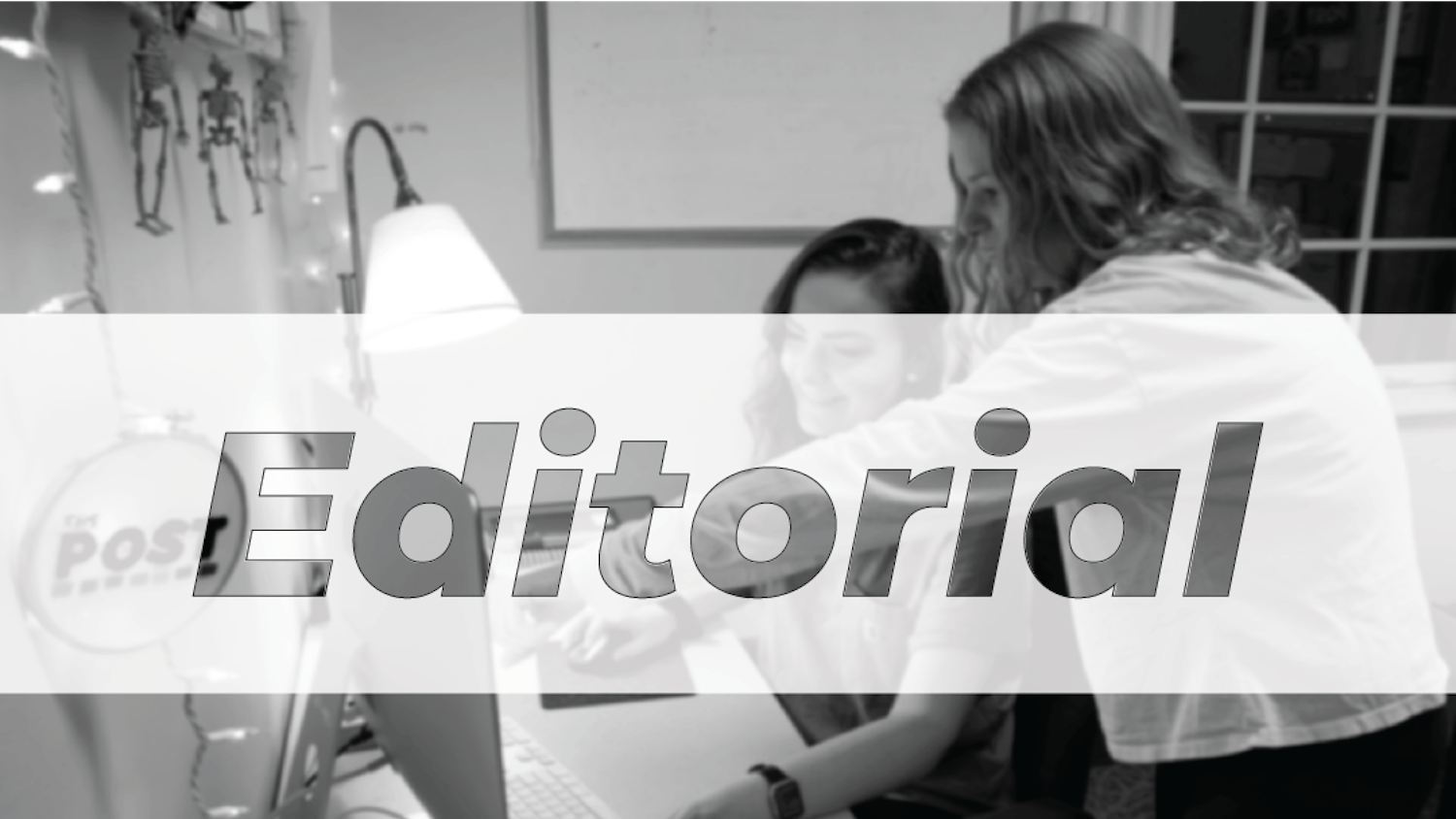During the 2020 lockdown, streaming skyrocketed, and people tried escaping reality through TV. Amid the sea of feel-good romance films, action movies and other programs, Bo Burnham’s Inside and South Park’s “Pandemic Special” stand out. Both are comedies, yet each one tears down television’s facade and confronts viewers with the depressing reality of the pandemic and the fact that escaping through television offers little relief.
Inside focuses on life indoors during the pandemic. Activities like attempting to communicate with parents through technology, creating content, engaging with the internet and more are all hilariously portrayed through various skits and songs. While funny for the audience, they fail to give Burnham’s character relief from the pandemic’s isolation and his waning mental health. His mother’s attempts to speak with him via FaceTime are an embarrassment, and the internet’s ability to distract him with “anything and everything all of the time” is exposed to be morally indifferent and far too chaotic to find peace through.
Burnham questions how he as a content creator can help during the pandemic in “Content.” After refusing to be useful and give away his money, he decides to “save the world through comedy” and make the special. Yet, he wonders if this will really help people, with lyrics like “Should I be joking at a time like this?” asking if comedy is a sufficient way to cope during the lockdown. He gets his answer in “Goodbye,” where the lyrics take an accusatory tone and change to “You’re really joking at a time like this?” in one of the final lines of the special.
Burnham’s character attempts to use the distraction of comedy and various sources of technology to keep the spirits of him and his audience up, but he fails beneath the pandemic’s chaos and the mental health issues it breeds.
In typical South Park fashion, the “Pandemic Special” pokes fun at current events — including the lockdown. Yet, beneath the satire lies self-awareness about making a joke out of an issue at which no one is laughing.
The character Randy decides to use the pandemic as an excuse to have a “special” sale on his marijuana to make a quick buck. While Randy is literally referring to a marijuana special, lines from his wife, like “These are very serious times, and no one wants or cares about your stupid special,” double as the writers acknowledging that no one wants to joke about an issue as serious and personal as the pandemic.
South Park further presses on TV’s failure to soften the pandemic’s sting, as a reporter advises citizens to “stay indoors and just try and relax and maybe enjoy some of the pandemic special” before cutting to several characters in isolation breaking free and running outside in desperation to return to normalcy.
Both specials recognize their status as comedic escapist programs and their failure to efficiently distract people from the depression, isolation and misery caused by the pandemic. There is a certain kind of hopelessness that comes from turning on the television to escape the pandemic and finding its content calling you out. Both specials remind us that distracting ourselves through entertainment is just that — an unhelpful distraction — whether we want to hear it or not.
Charlene Pepiot is a senior studying English at Ohio University. Please note that the views and opinions of the columnists do not reflect those of The Post. Want to talk more about it? Let Charlene know by emailing her, cp872117@ohio.edu.





